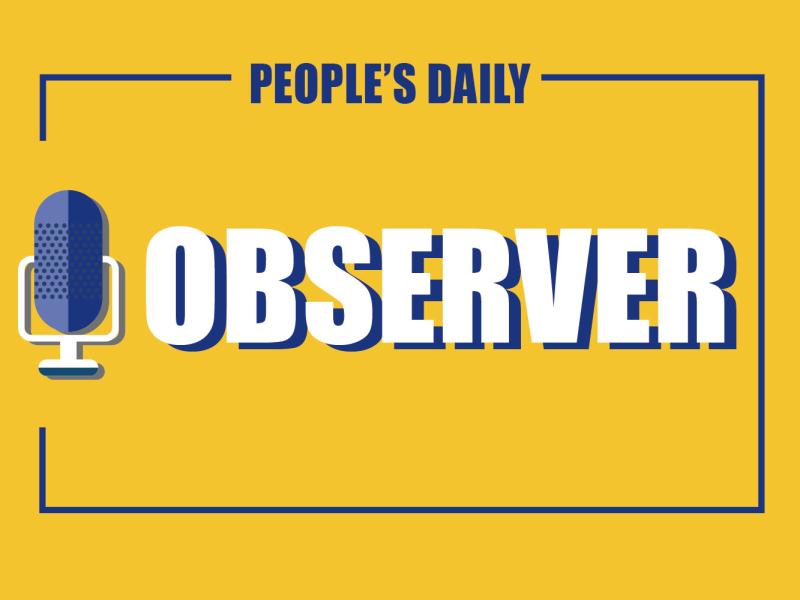
The so-called US “think tank” Newlines Institute for Strategy and Policy released a report recently to vilify China on Xinjiang affairs, claiming that “China’s Xinjiang policies constitute genocide” and China "breached provisions of the UN Genocide Convention" when dealing with Uygurs in Xinjiang.
However the institute’s claims are nothing but baseless and sensational accusations. The Uygur's population in Xinjiang grew from 5.55 million to over 12 million over the past four decades or so. Is the doubling of population called "genocide?"
As some foreign reports showed, the “think tank” serves specific political forces and is not as independent and outward as itself claimed. It is a front of the International Institute of Islamic Thought (IIIT) which is suspected of sponsoring terrorism, according to the Center for Security Policy.
Some experts noted that the institute used to fabricate lies to demonize and attack China, creating an anti-China sensation in the international community. Adrian Zenz, an infamous anti-China pseudo-scholar who is behind numerous "reports" on Xinjiang, is one of the institute’s contributors.
The intent of hyping Xinjiang "genocide" reports is very insidious as they are also trying to instigate the relationship between Muslims and Chinese society, so as to make Muslim countries stand by those who hold tough on China.
Besides, recently some Western politicians and anti-China forces are tightening up efforts to defame China with the so-called “camp labor” and human rights issues in Xinjiang, aiming to weaken China's soft power and pave the way for the West to take a tougher policy toward China.
Their malicious allegations of "forced labor" and "human rights abuses" in Xinjiang are monstrous lies deliberately fabricated and spread by a few "academics" and institutions with ulterior motives. They defy all senses of justice and morality and have triggered strong indignation among the Chinese people.
A joint statement made by 64 countries on March 12 at the 46th session of the UN Human Rights Council supported China's position on Xinjiang-related issues, urging relevant parties to stop using such matters to interfere in China's internal affairs. The statement firmly opposes the politicization of human rights issues and double standards. It stresses that Xinjiang is an inseparable part of China.
In essence, Xinjiang-related issues are not human rights issues at all, but about countering violent terrorism and separatism. They are purely China's domestic affairs. No country has the right to cite human rights as a pretext and use Xinjiang-related issues to smear and malign China and interfere in China's internal affairs.


